The cost of remaining in one’s community intersects with life-course experiences and social identities to produce disparities in economic security at older ages.
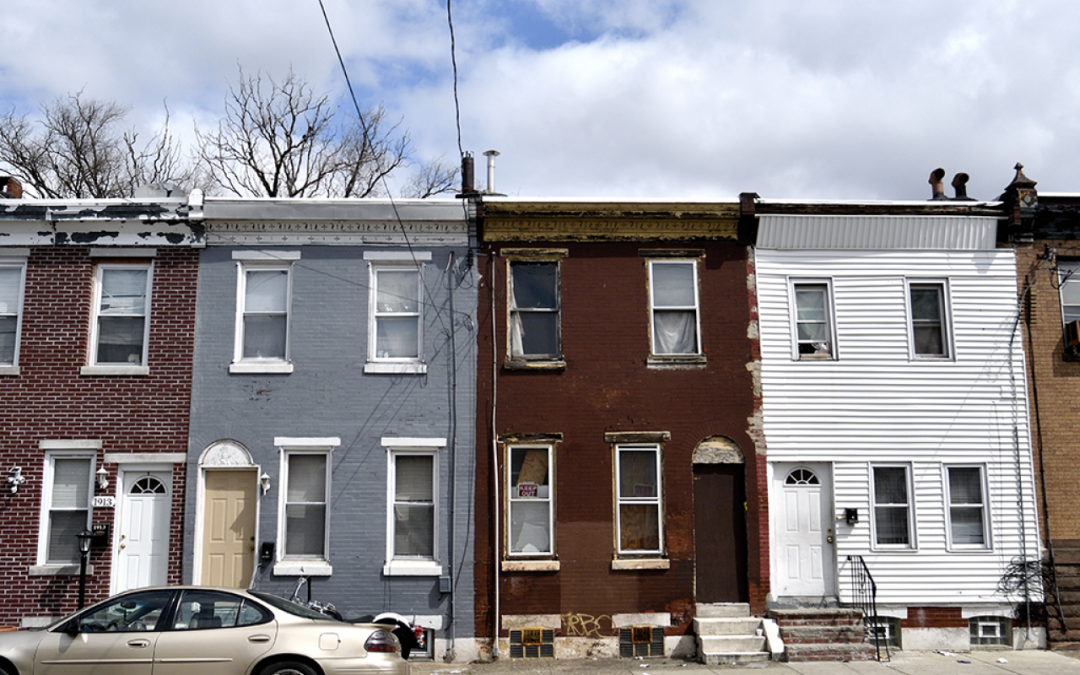
Generations Journal, vol. 45, no. 2 (Summer 2021)

The cost of remaining in one’s community intersects with life-course experiences and social identities to produce disparities in economic security at older ages.
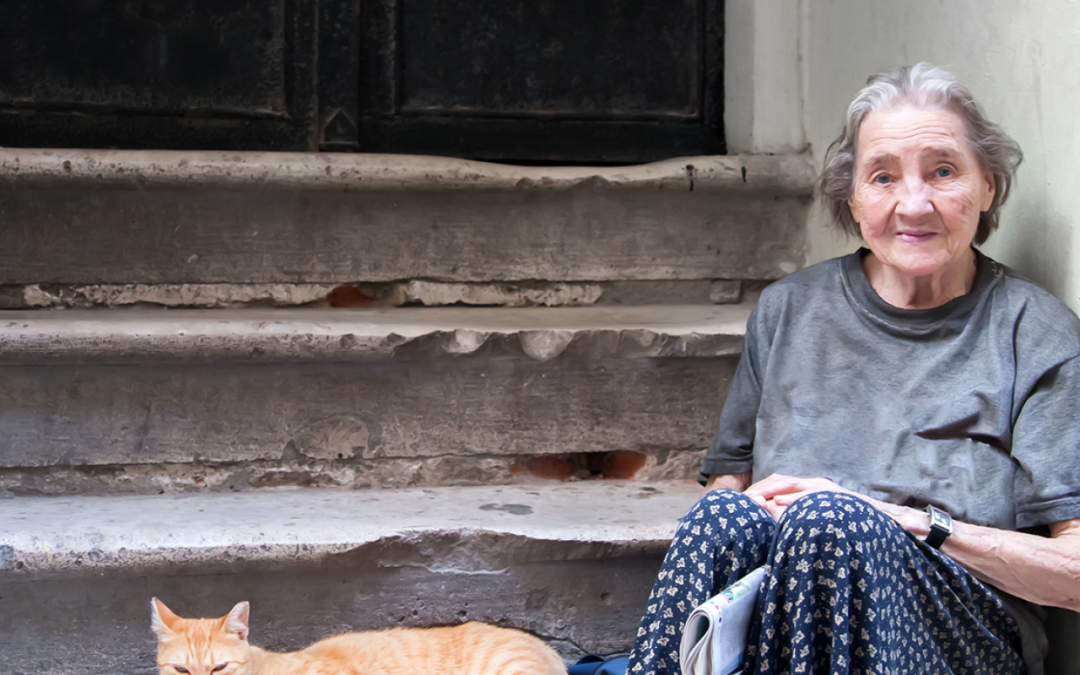
Housing alone is not enough to address geriatric conditions in homeless older adults and improve their ability to age in place.

Retirement wealth inequality is extreme—Black and Hispanic households have less than half the retirement wealth of White households.
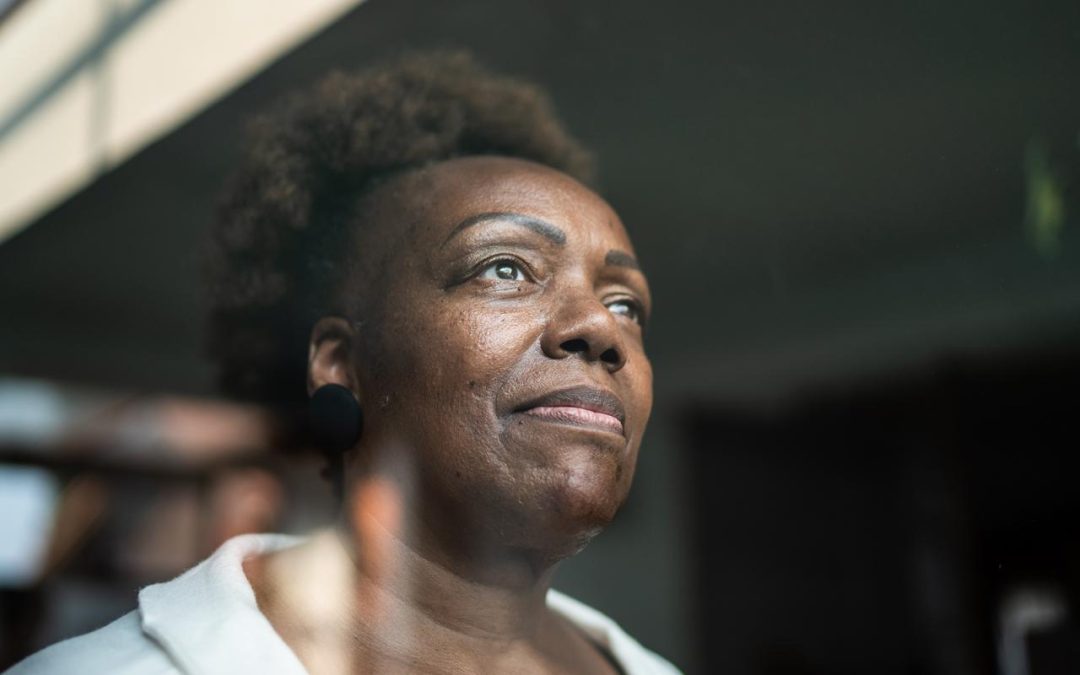
‘It is poverty, disadvantage, and inequality that reveal how unequal aging is structured and experienced.’

‘Food insecurity is an issue of equity—significant disparities exist in the nation’s older population’s access to food.’
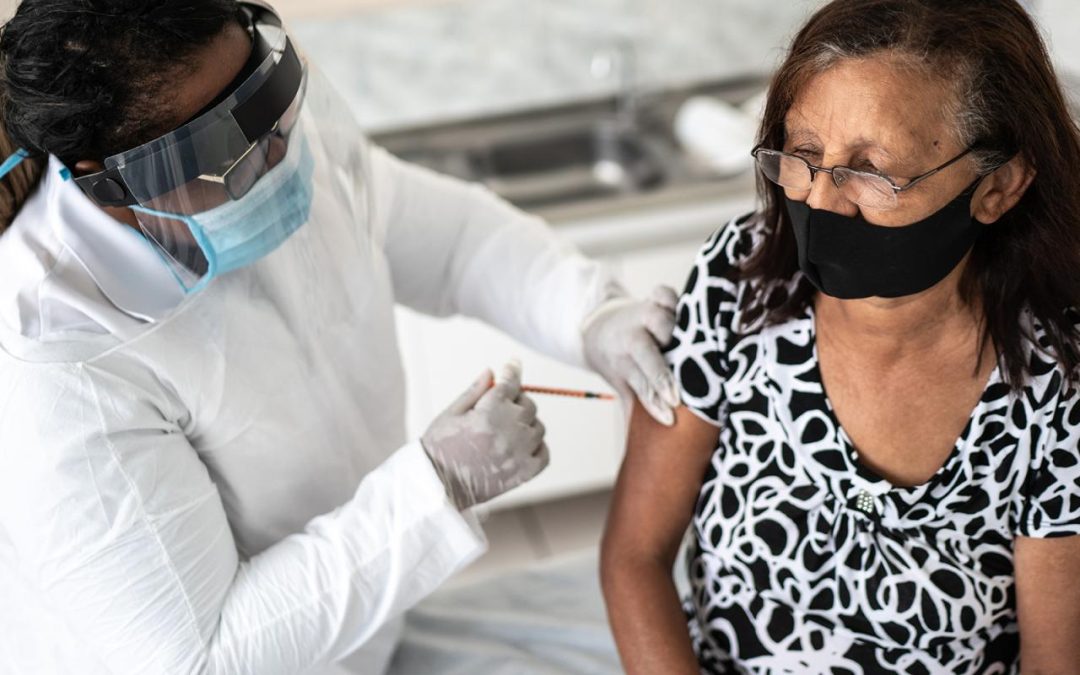
‘Many in the media, as well as in government, resorted to politicizing the pandemic by placing the blame largely on individuals.’
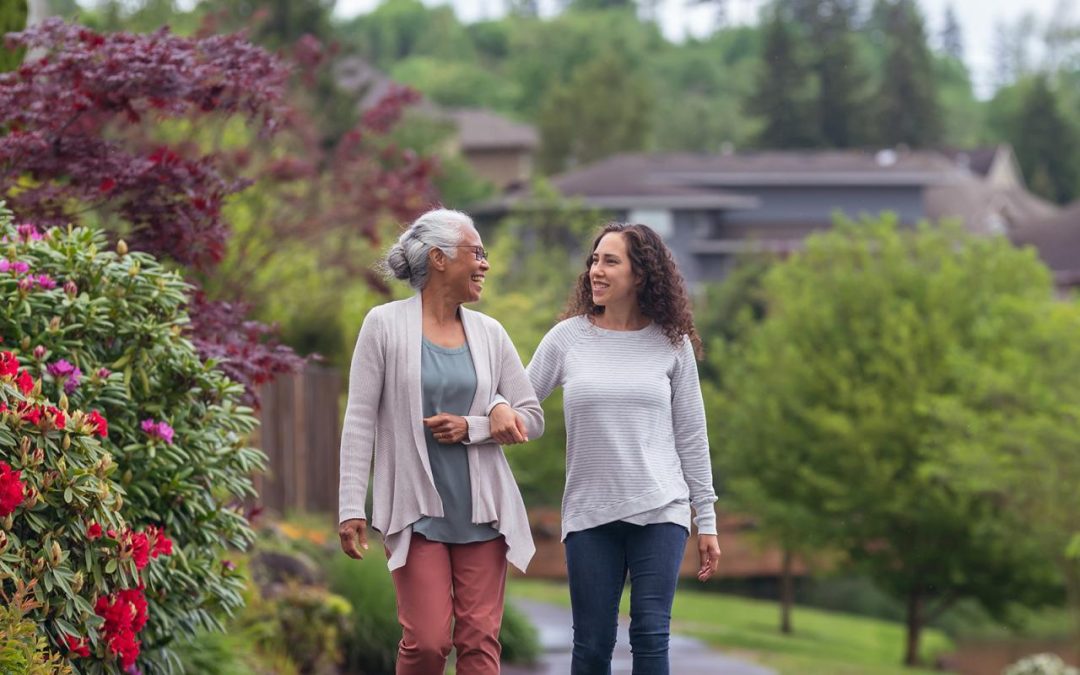
‘Social determinants of health are strongly patterned by place.’

Catastrophic disasters can be extremely disruptive and take months—if not years—to recover from.
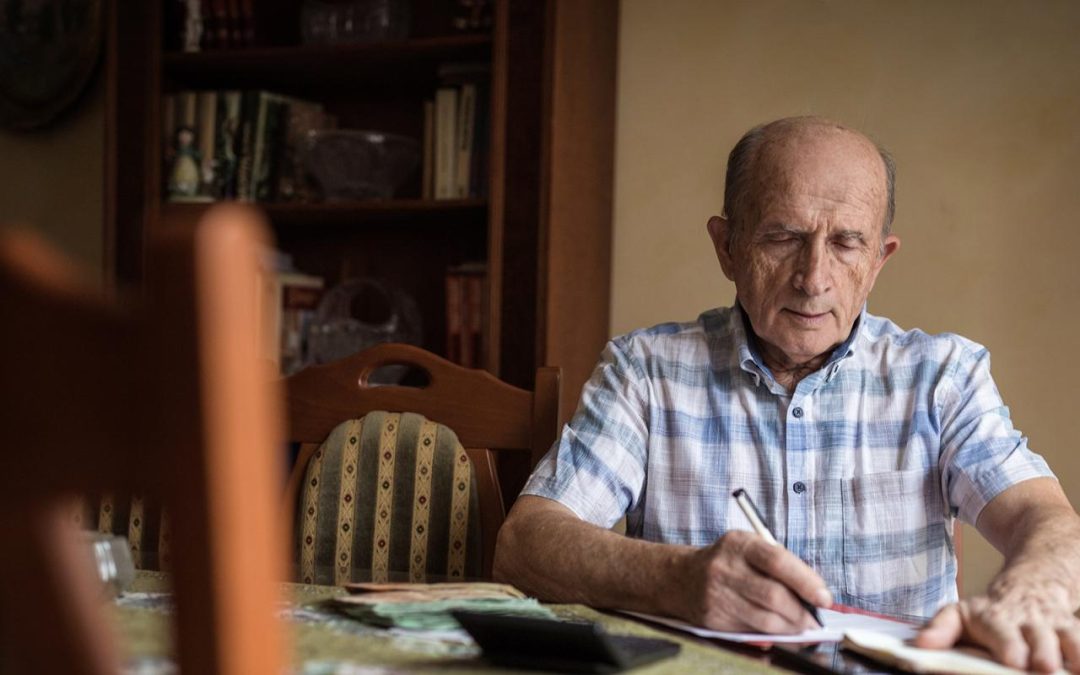
‘Medicare beneficiaries’ needs have evolved more rapidly over the past six decades than has the Medicare program.’
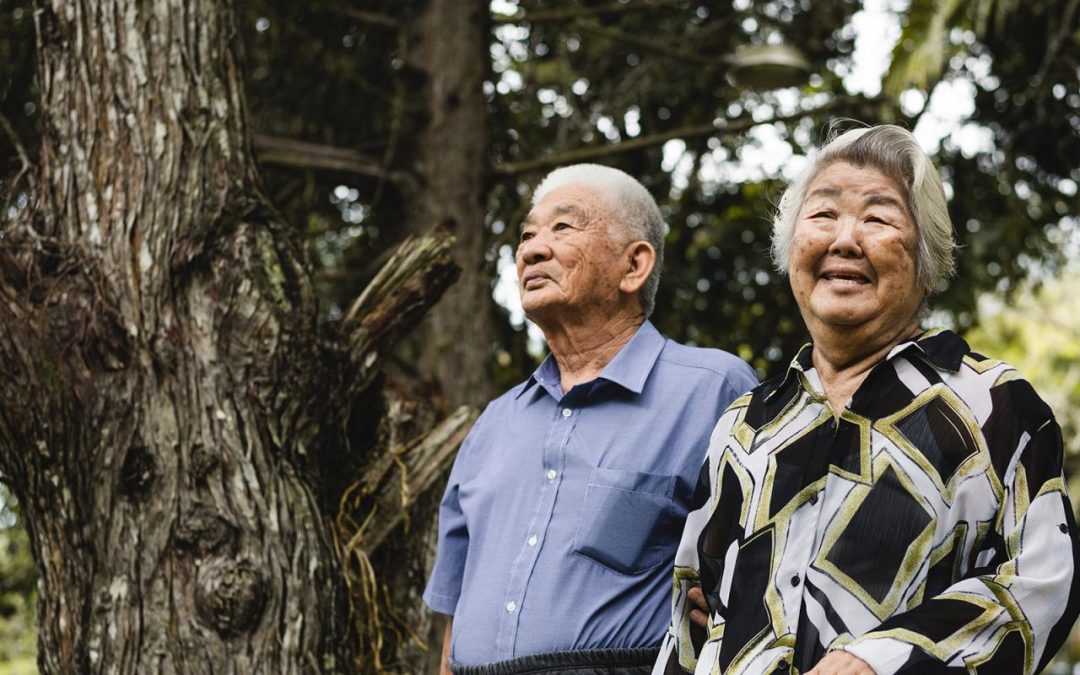
Immigrants have performed vital roles in building our nation and continue to be prominent contributors in strengthening America’s resilience and capacity.
Generations Journal, vol. 45, no. 2 (Summer 2021)
Abstract: Many older adults struggle to meet their daily expenses, but persons of color have amplified risk of economic insecurity. In this article, by situating older adults in their geographic locations of residence, we discuss how life-course experiences intersect...
Abstract: Homeless older adults have a unique constellation of needs, including early onset of geriatric conditions and a disproportionate prevalence of behavioral health disorders. Studies demonstrate numerous benefits of permanent supportive housing (PSH) for...
Abstract: This article details two critical points regarding wealth and inequality in the United States. First, retirement wealth inequality is extreme—Black and Hispanic households have less than half the retirement wealth of White households. Second, this inequality...
Summer Generations journal Guest Editors Drs. Judith Gonyea and Amanda Grenier are steeped in this issue's topic, “Precarious Aging and Late-Life Poverty” in their daily work lives, which made them conscientious, thorough editors of what is an in-depth look at how...
Abstract: Food insecurity is an enormous problem in the United States, including in the older adult population, with notable negative health impacts such as malnutrition. Food insecurity has increased with the COVID-19 pandemic. Federal nutrition programs such as the...
Abstract: Older Black, Indigenous, and Latinx adults are at a higher risk of negative COVID-19 outcomes relative to older non-Latinx White adults. Mounting evidence regarding the disproportionate impact of COVID-19 on communities of color lays bare the effects of...
Abstract: Attending to neighborhood environments as important determinants of health equity among older adults emphasizes improving environments that prevent poor health and create health inequities in the first place. Investing in neighborhood solutions to improve...
Abstract: Climate change and disasters present mounting health risks to the U.S. population, especially for adults ages 65 and older. Generally, across all age groups, older adults are the least prepared and the most at-risk during all phases of a disaster (e.g.,...
Abstract: Under Medicare, older Americans have access to government-subsidized health insurance to protect them from catastrophic healthcare costs and ensure access to needed care. And yet, one in ten Medicare beneficiaries report delaying care due to cost, and 6...
Abstract: Federal legislation in 1996 imposed severe restrictions on immigrant eligibility for public benefits, which created a chilling effect that discouraged even eligible immigrants and their families from accessing needed income, healthcare, and food. States...
Abstract: Low-income older people in particular face a number of risks and precarities related to health, housing, and care. This article offers case studies from members of a city-wide advocacy group, Senior Housing Preservation-Detroit. Although the coalition's work...
The Summer Generations Issue explores the uncertainties and vulnerabilities that older adults may face in their later years, especially people from groups that have been historically marginalized or discriminated against based on race, ethnicity, class, disability,...
Suggested citation for articles in this issue: [Last Name(s), First Name(s)]. “Article Title.” Generations Journal, vol. [#], no. [#] [season and year (ex. Fall 2024)]. [URL]
Generations Journal is the quarterly journal of the American Society on Aging. Each issue is devoted to bringing together the most useful and current knowledge about a specific topic in the field of aging, with emphasis on practice, research, and policy.